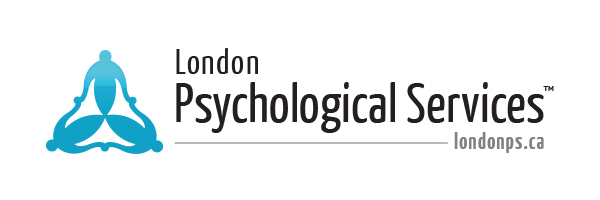We all know one. That person who always seems to have it together. She seems to always be on the go, getting involved in committees and projects. She gets up at 5:00 a.m. to fit in a morning work-out. She is kind and gracious, with a large group of friends. Her home is beautifully decorated. She gets recognition at work. She always looks put together. However, despite this, she feels that she is never good enough. There is a constant sense of “should do more.” The anxiety may be overwhelming that pops up every now and again or it may be a constant, quiet hum that is always there. She is always striving to do more, yet it never feels good enough. She is the anxious over achiever. She is prone to worry and her way of coping is to achieve. However, it is never enough. There is always more to do. It is exhausting.
Are you an anxious over-achiever?
- The idea that you are an over achiever is laughable (to you). However, you likely have heard from other people “I don’t know how you do it.” You may have done really well in school, even gone on to advanced degrees. You get involved in your community, whether it’s sitting on committees or even starting a group. You have a skill or talent that you are known for. If you objectively assess, you have probably done things that most people do not do.
- You have a difficult time acknowledging your accomplishments. It might feel like you are bragging. You minimize your successes (“It’s really not that big of a deal that I made partner at my firm”). You tend to surround yourself with other accomplished people and feel that you never quite measure up to their successes.
- You have a hard time finishing projects because they won’t be “perfect.” Whether it’s a craft, an article that you’re trying to write, or decorating a room, there is a block. You have an ideal outcome, and if you feel that you can’t reach it, it’s not worth doing. The idea of making mistakes terrorizes you. You have struggled with procrastination.
- You would describe yourself as a worrier. You worry about your family. You worry about your finances. You worry about your health. You worry about your job. You worry about your parenting skills. You worry about the future. The anxiety has likely been a life-long companion.
- You cope with the worry by making plans. You have a plan A, B, C & D. You make lists (it gives you a thrill to check something off as completed!). You have an idea of where you want to be in 1 year, 5 years, 10 years. You try to map out your life.
- You’re both drawn to and completely confused by “laid back” people. You can’t understand how someone can just leave packing a suitcase until the last minute. You’re baffled by their approach to just “play it by ear.” However, you are drawn to this type of person and may even choose someone like this as your partner (which then can lead to frustrations down the road).
- There is a discrepancy between your expectations of yourself (very high), your perceptions of yourself (low) and reality (likely closer to your expectations than you acknowledge). While setting high expectations is not necessarily a bad thing, you often set them *too* high and often in all parts of your life. You want to be the best mother, wife, professional, yogi, scrapbooker and baker that Pinterest tells you that you should be. However, you are hard on yourself, and perceive yourself as falling very short of your expectations. You have a mental list of the mistakes you’ve made, how you are failing and you are your own worst critic. If you objectively assessed your successes (or had other people judge them), there is a great likelihood that your reality is much closer to your expectations then you give yourself credit for.
How do you break the anxious over achiever cycle? First acknowledge that you are one. This may be a tough one, since it involves accepting that you are indeed an over achiever. Own your accomplishments and your strengths. There is nothing shameful about acknowledging it. Once you have accepted that you are an anxious over achiever, start becoming aware of 1) your expectations 2) your perceptions and 3) reality. Often there is a tension between the three which can create anxiety; if you feel that you’re never living up to a certain ideal (despite evidence to the contrary) this is going to fuel the anxiety. You will be stuck in a place of feeling never “enough. “
Often anxious over achievers seek therapy because the anxiety becomes overwhelming. While over achieving may keep the anxiety at bay for a period of time, as life becomes more challenging, this coping mechanism is just not sustainable. There is no way to be amazing at all things. Learning to be more compassionate to ourselves, allowing ourselves to fail, allowing ourselves to lower the bar and learning to tolerate, rather than fight, the anxiety are ways to break this anxiety cycle. Believe that you are good enough.


